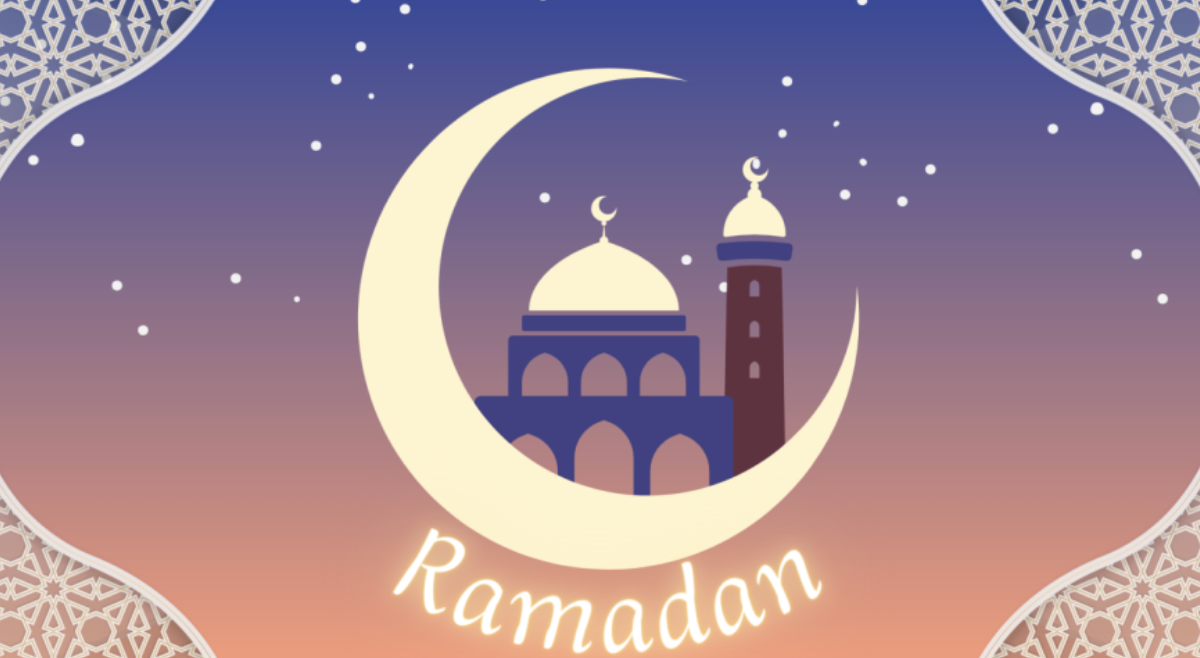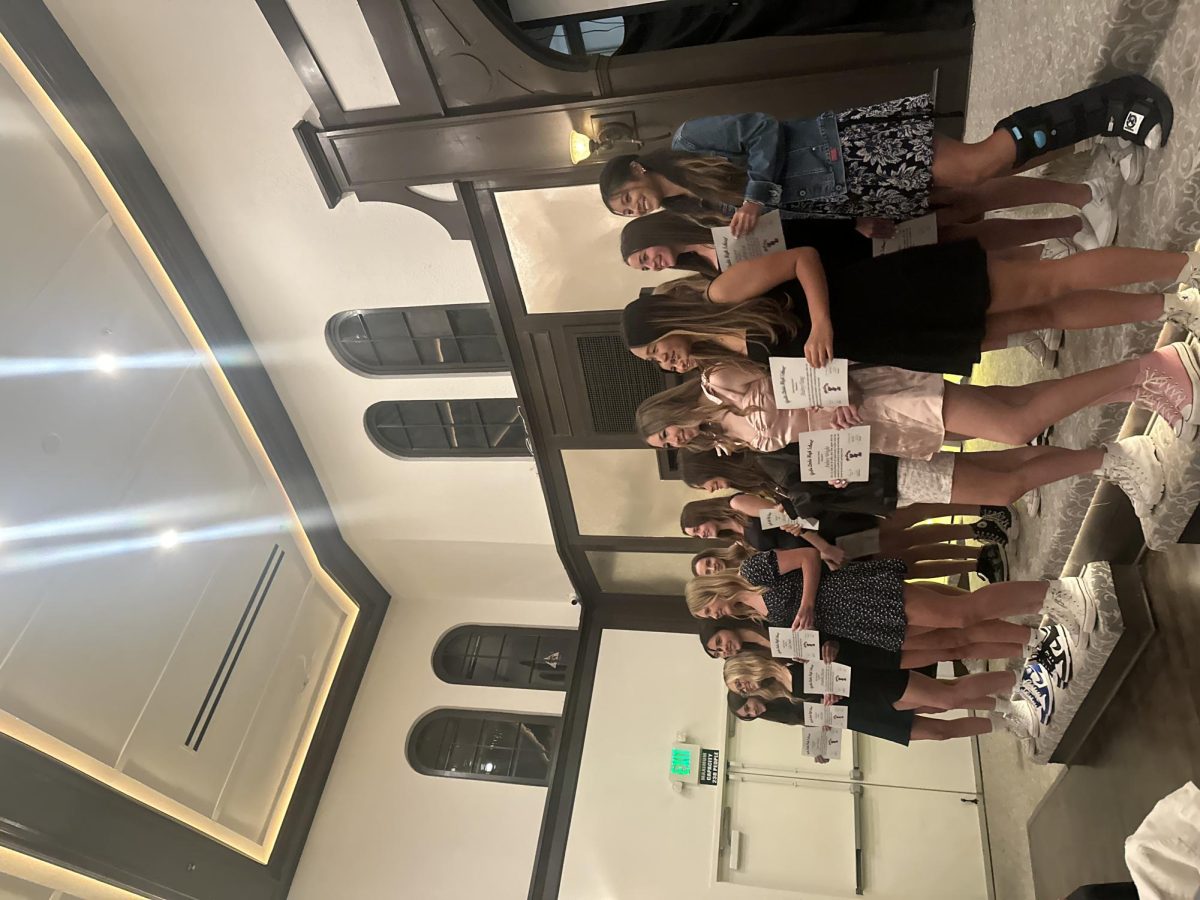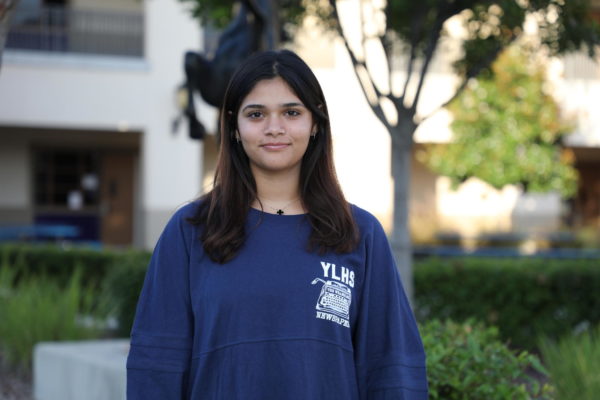As the month of Ramadan reaches an end, I have received tons of questions about the purpose and origin of this sacred and holy month. Ramadan is the ninth month of the Holy Islamic calendar known as the Hijri calendar. The calendar is a lunar based Islamic calendar causing Ramadan to move back 10 days each year. This month is so sacred because it is the month where the holy book the Quran was revealed. During this month Muslims fast from sunrise to sunset meaning no food or water throughout the day.
The month of Ramadan has many purposes and teaches you many skills that help shape you into a better person. The most known reason we fast is to learn empathy for the less fortunate and to be relatively in their shoes for the month. Another thing that is very important for Muslims is to have self-control. During Ramadan Muslims are taught self-control by not eating or drinking anything throughout the day while continuing in their normal routine and not tending to any other physical needs which teaches self restraint and moderation in all aspects of life. This also teaches patience which is a big part of the religion, Islam. Fasting is mandatory, but there are exceptions for the elder, sick, and pregnant women. Unless you are terminally ill, if you miss a fast due to sickness you must make it up after the month of Ramadan has ended.
Even though fasting is a big factor for Ramadan, it is not all it is about. After sunset when we break our fasts, is when the night begins. During the month of Ramadan all Muslims go to the mosque every night for several hours or even until the next morning. This is the time we come together as a community, this is what makes the month special to me. It is my favorite time of the year. Throughout the night we pray and make dua, which is to ask God for forgiveness and all our wants and needs. Although we have five mandatory prayers throughout the day, in Ramadan we do extra prayers called Taraweeh. A senior at YLHS Sarah Bennani (12) says,
After the month ends there is a large celebration called Eid al-Fitr. This day is depicted on the sighting of a Shawal moon, or a crescent moon and is announced by religious officials. On this day, to officially end Ramadan we gather in the morning for Eid prayer. As soon as the prayer ends it is time to celebrate and eat a ton. There are also many traditions that take place on this day. One which is very important is to give Zakat (charity), which is a mandatory tradition in Islam on Eid al-Fitr. The day is filled with joy and gratitude for all we are blessed with and is spent with friends and family.

































